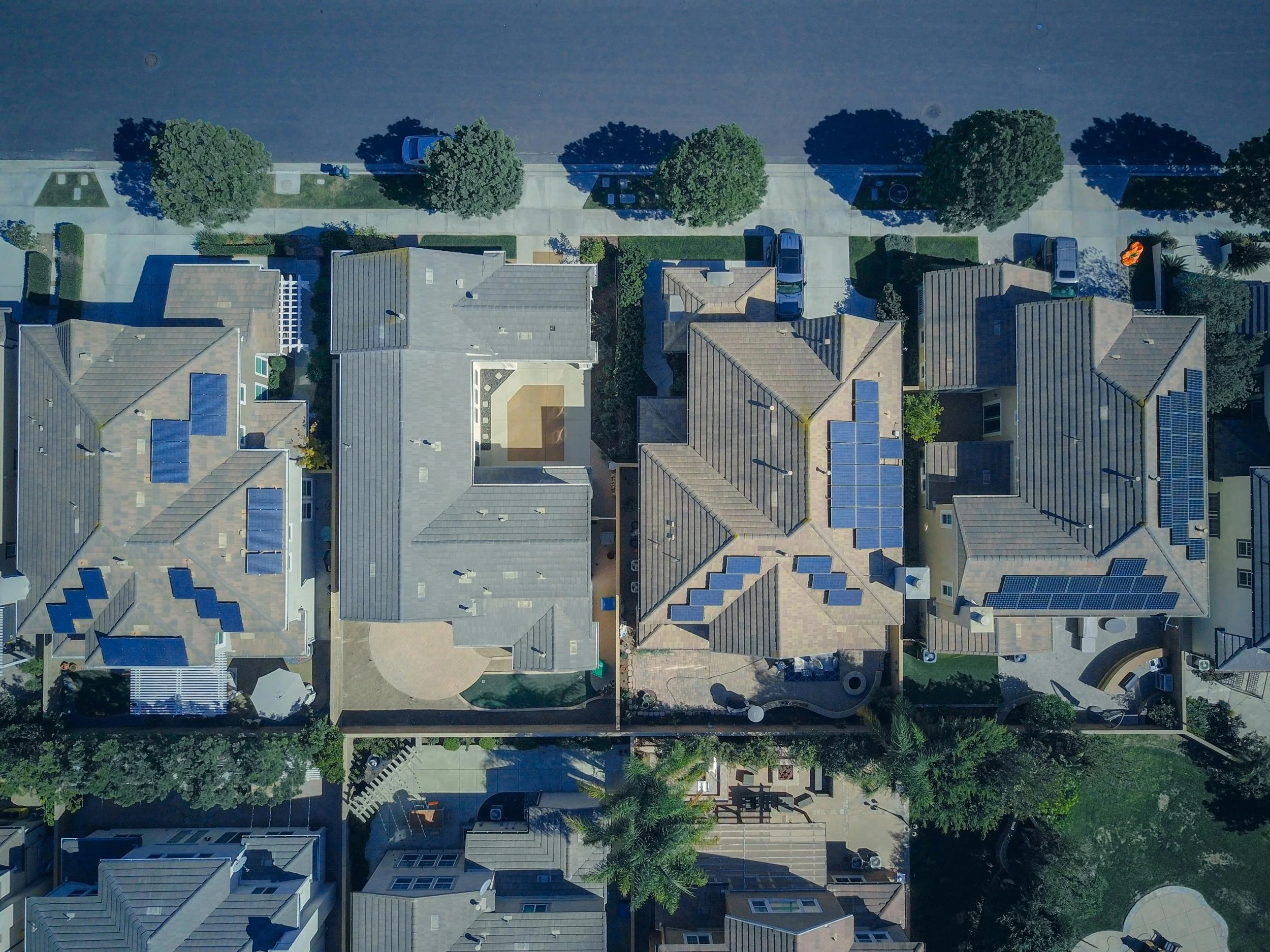Are you currently researching solar panels in the UK? In that case, you’ve likely come across the term ‘MCS certification’ several times. This might seem like nothing more than industry jargon, but that’s not the case. MCS is a crucial quality mark that affects both the cost and long-term value of your investment.
At Jem Energy, all our solar PV installations are MCS certified, and for good reason.
In this article, we’ll explain what MCS certification means, why it matters, and how it’s directly related to costs, and the overall return, of going solar.
What Is MCS Certification?
MCS stands for Microgeneration Certification Scheme. It’s a nationally recognised quality assurance standard in the UK for renewable energy products and installers. The scheme covers not only solar PV but battery storage, heat pumps, and more.
An MCS certification confirms two things:
Your solar panels meet a certain standard when it comes to performance and safety.
The installer (e.g., Jem Energy) is competent, properly qualified, and follows strict installation practices.
MCS is backed by the UK Government and ensures that renewable energy systems are safe, reliable and eligible for financial incentives.
Why Does MCS Certification Matter for Homeowners?
1. Access to Incentives
One of the main reasons MCS certification affects the costs of solar panels: eligibility for government support schemes. Only MCS-certified installations can qualify for programmes like:
SEG (Smart Export Guarantee): Earn money for the excess energy your solar panels export to the grid.
0% VAT on Energy-Saving Materials: A government policy that reduces the overall cost of installing solar panels and batteries.
Green finance schemes: Many banks and green loan providers require MCS certification to approve low-interest financing for renewable installations.
If your system isn’t MCS certified, you miss out on these savings. Over time, that adds up.
2. Higher Installation Standards
MCS sets a benchmark for how solar PV systems should be designed and installed. That means:
Systems which are designed around your situation. That includes how much energy you use and the capacity of your roof.
Use of verified, high-quality components.
Safe electrical work carried out by qualified professionals.
With an MCS installer like Jem Energy, you’re not just paying for panels: you’re investing in a complete, properly engineered system that will perform reliably for at least two decades.
3. Better Long-Term Value
It might be tempting to go with a cheaper installer who isn’t MCS certified. But the likelihood is it will cost you more tomorrow. Non-certified installers may use lower-grade components, skip crucial design checks, or deliver inconsistent workmanship. That leads to:
Less savings over time due to a poor performance
Higher maintenance costs
Potential safety risks
No SEG payments or VAT relief
With MCS certification, you get peace of mind that your system will work efficiently and safely, maximising your return on investment (ROI) over the long run.
4. Increase the Value of Your Home
In today’s property market, energy efficiency is highly appealing. An MCS-certified solar PV system is something you can officially document, making your home more attractive to buyers.
Buyers are more likely to pay a premium for a house with a certified, income-generating system. And because MCS is a national standard, there’s no ambiguity about quality or reliability.
But Does MCS Certification Cost More?
Here’s one of the most common questions: Does choosing an MCS-certified installer like Jem Energy make solar more expensive?
The short answer: not significantly, and the long-term benefits far outweigh any small difference initially. Here’s why:
Jem Energy uses competitive pricing while adhering to MCS standards.
Any slight premium is offset by access to VAT reductions, SEG payments, and a system that performs better.
A properly installed system means fewer faults, repairs or premature replacements.
In fact, uncertified installations often result in false savings. You might pay less upfront but more over time due to inefficiencies, missed incentives, or expensive rework.
How to Check If an Installer Is MCS Certified
You can verify an installer’s certification by visiting the official MCS website and searching their database. Jem Energy is proudly listed, and our certifications include:
MCS (Microgeneration Certification Scheme)
NAPIT (National Association of Professional Inspectors and Testers)
These accreditations reflect our commitment to technical excellence and consumer protection.
Why Jem Energy Chooses MCS Every Time
Since 2015, Jem Energy has helped homeowners across Farnborough, Hampshire and the wider region make the switch to sustainable energy. We specialise in solar PV, battery storage, air source heat pumps, and EV charging systems. Every single one is backed by MCS standards.
When you choose Jem, you’re not just buying equipment: you’re partnering with a team that puts performance and long-term savings first.
MCS Is Non-Negotiable for Smart Solar Buyers
If you’re serious about investing in solar power, MCS certification isn’t an option: it should be your starting point. It protects your investment, unlocks savings, and ensures you get the quality and performance you’re paying for.
Thinking of going solar in Hampshire?
Get in touch with Jem Energy today for a free MCS-certified quote.



